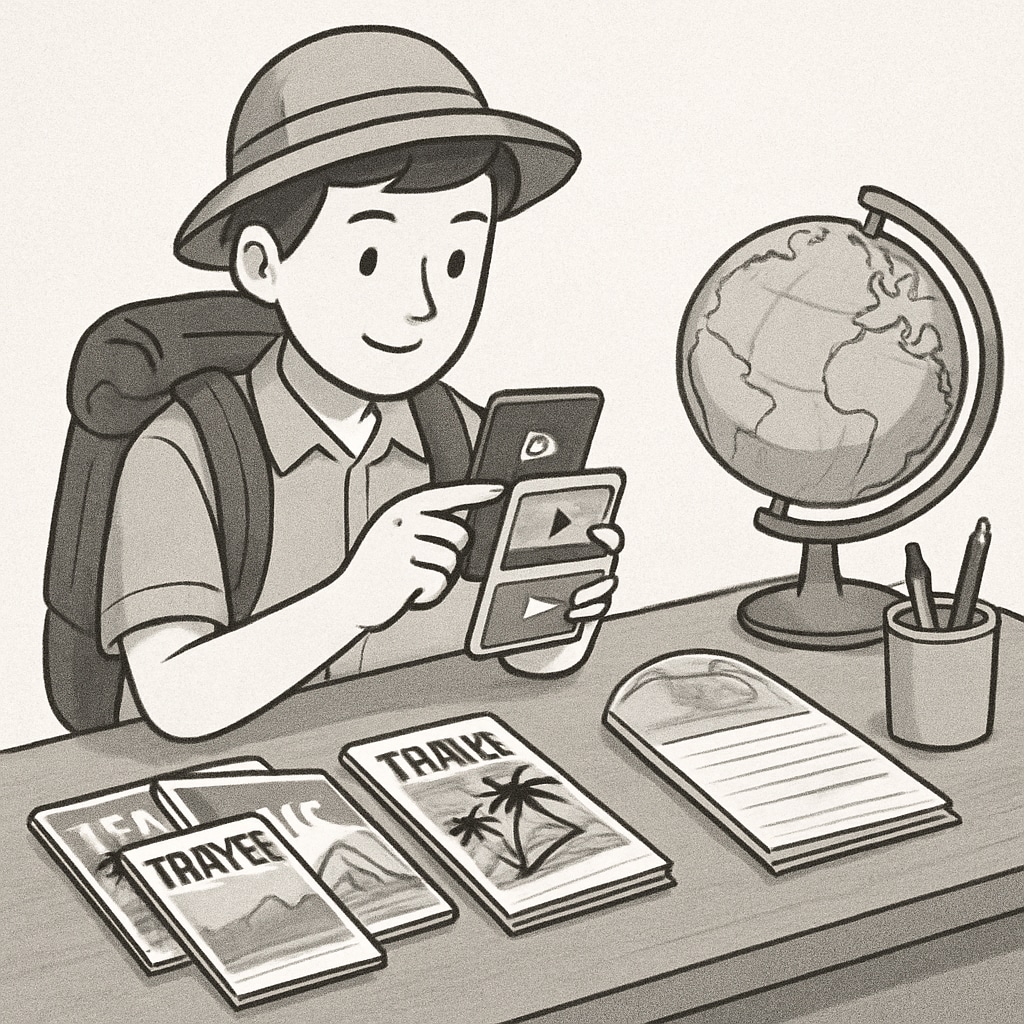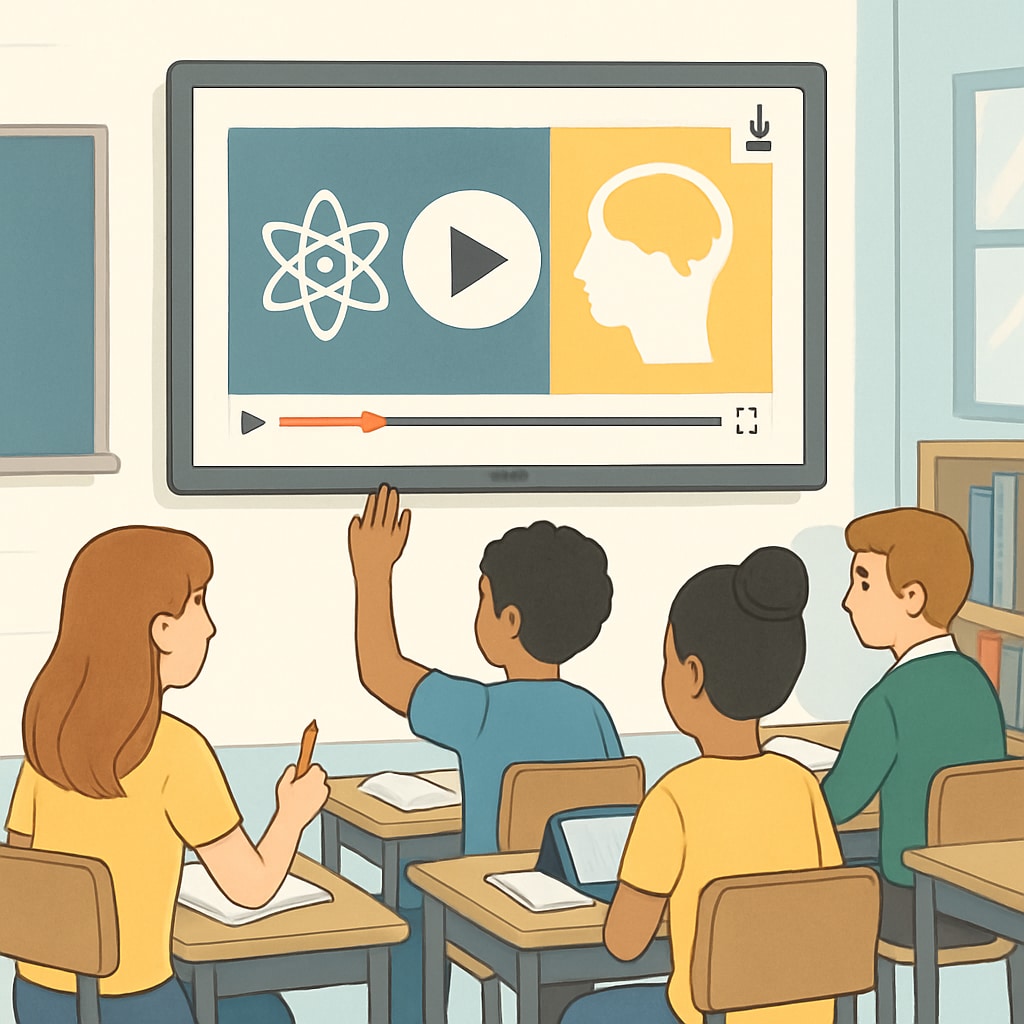Short-form video content has become an undeniable force in shaping the way people think, act, and make decisions. For researchers conducting a master’s thesis, survey research, and short video tourism, the profound impact of these platforms on travel-related choices offers a fertile ground for exploration. In addition to influencing travel, short videos are now playing a significant role in reshaping educational decisions and learning patterns, particularly among K12 students—a demographic often referred to as “digital natives.”
Short videos, with their engaging formats and quick delivery of information, are changing how students access knowledge and how parents evaluate educational options. This article dives into the transformative effects of these platforms, shedding light on their implications for education, tourism, and broader societal trends.
The Rise of Short Videos in Travel Decision-Making
Visual storytelling has always been a powerful motivator in travel. Platforms like TikTok, Instagram Reels, and YouTube Shorts now dominate the digital landscape, offering bite-sized yet highly engaging content that inspires wanderlust. According to recent studies, over 70% of Gen Z and millennial travelers report using short videos as a primary source of travel ideas and recommendations.
These platforms are not only influencing individual travelers but also driving changes in tourism marketing strategies. For example, destination marketers are increasingly leveraging influencer partnerships and viral video campaigns to attract visitors. This shift underscores the importance of understanding how short videos impact travel decisions—a central focus for master’s thesis research.

Short Videos and Educational Choices for K12 Students
Beyond tourism, short videos are also revolutionizing education. For K12 students, platforms like YouTube Shorts and TikTok have become go-to sources for quick, digestible lessons on topics ranging from math concepts to historical events. These videos often blend entertainment with education, making learning more engaging for students who may struggle with traditional teaching methods.
Parents, too, are being influenced by short videos when making decisions about their children’s education. For example, videos showcasing the benefits of specific schools, tutoring programs, or extracurricular activities can play a crucial role in shaping parental preferences. Educational institutions should take note of this shift and consider how they can effectively use short videos to communicate their offerings.

Implications for Research and Future Trends
Given their far-reaching impact, short videos present a valuable area of study for academic researchers. From analyzing their role in tourism to evaluating their influence on educational decisions, these platforms offer insights into changing societal behaviors. Researchers conducting survey-based studies for master’s theses should consider incorporating questions that address these emerging trends.
As a result, educators, policymakers, and tourism professionals must collaborate to better understand the opportunities and challenges posed by short video content. By doing so, they can harness the potential of these platforms while addressing any drawbacks, such as misinformation or superficial decision-making.
In conclusion, the growing influence of short videos on travel and education highlights the need for further academic exploration. Whether you are a researcher, educator, or parent, understanding these dynamics is crucial for navigating the digital age effectively.
Readability guidance: This article balances short paragraphs with lists where applicable, prioritizing active voice and clear transitions. It includes well-placed visuals to enhance understanding and engagement.


